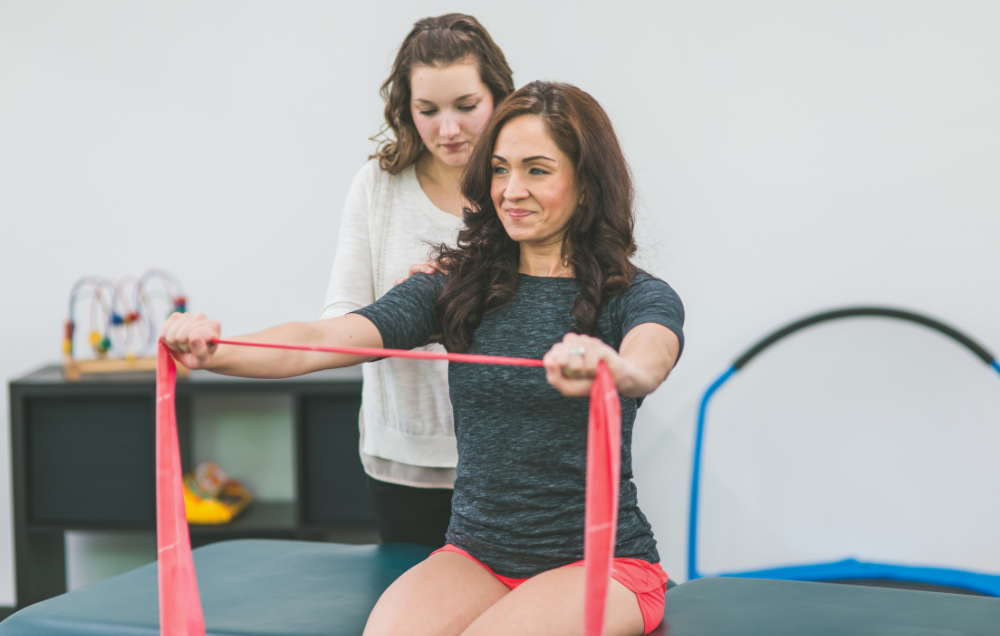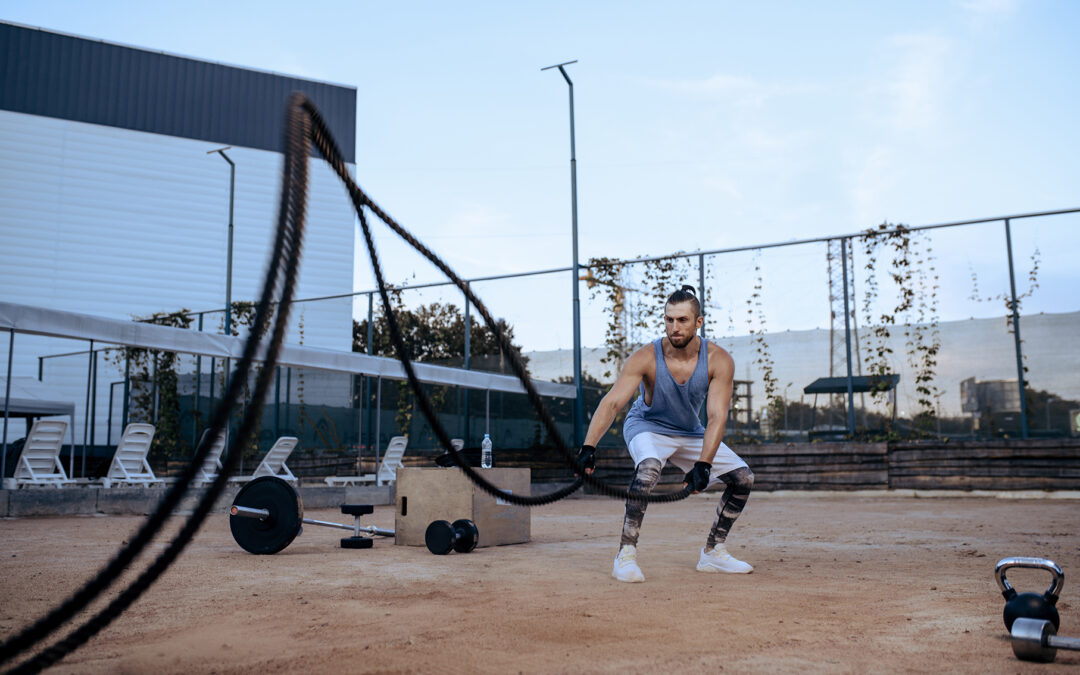Contents
During pregnancy, getting the right care is essential. Whether you need pelvic floor rehab or help addressing other women’s health concerns, physical therapy can help you stay safe and well during your pregnancy. Prenatal physical therapy refers to PT care that you receive during your pregnancy. Prenatal physical therapy can help you manage discomfort, prevent complications and more. Continuous physical therapy may also benefit you even after giving birth. Not sure exactly what prenatal physical therapy might entail? Learning more about top PT treatments can help you prepare for your own journey.
What to expect with prenatal physical therapy: Potential treatment methods
Pregnancy can be an exciting, rewarding period of your life. However, it can also come with challenges. These can include physical symptoms such as persistent pain and discomfort. If you’re experiencing negative symptoms during your pregnancy, physical therapy may be essential. The goal of prenatal PT is to help you stay comfortable and healthy over the course of your pregnancy. When engaging in prenatal physical therapy, some treatment methods you might encounter include:
- Posture correction — Postural deviation is a common complaint during and after pregnancy, according to one study. This can occur due to your center of gravity shifting. As your baby grows, your body’s weight distribution will shift, which can cause you to change your posture to compensate. These postural changes, though sometimes more comfortable in the moment, can lead to strain and discomfort. If treatment does not start early in the pregnancy, postural deviation might become more severe over time. Left untreated, it may even persist throughout life. By correcting your posture early, you can avoid discomfort caused by posture issues. Your physical therapist can help you practice proper posture and body mechanics. Addressing poor posture may require a multifaceted approach. In addition to showing you how to maintain proper posture, your physical therapist may also help you with ergonomic solutions. These might include recommendations for ergonomic chairs and computer accessories. Ergonomic furniture can help you naturally improve your sitting posture. This can reduce and prevent back pain. Physical therapists approach patients on their own terms, identifying and addressing each patient’s individual needs. After identifying any gait and posture issues, your physical therapist can help you make strides toward long-term improvement.
- Breathing techniques — Breathing exercises can have many benefits during pregnancy. They can manage stress, reduce muscle tension and improve oxygen flow. Proper breathing can also help you prepare for labor. Your physical therapist can help you practice relaxing breathing techniques. These techniques may also be useful when practiced alongside physical therapy stretches and strengthening exercises.
- Manual therapy — Manual therapy refers to hands-on PT techniques such as joint mobilization and trigger point therapy. Using their hands, your physical therapist can directly mobilize and manipulate your joints and other tissue. This can have many benefits, from pain relief to swelling reduction. During pregnancy, manual therapy can be key to managing discomfort and maintaining good circulation.
- Biofeedback — Your pelvic floor muscles are under increased pressure during pregnancy. In many cases, this leads to issues in the pelvic floor before and after childbirth. If you’re experiencing pelvic floor dysfunction, it’s important to address your condition as soon as possible. This can help you make a quicker recovery and avoid complications during the remainder of your pregnancy. One of the most effective ways to restore pelvic floor function is biofeedback. Biofeedback is a specialized technique that uses a biofeedback machine to improve muscle function. When utilizing this method, your physical therapist will use sensors to monitor your muscle activity. As you engage your pelvic floor muscles, you will see visual feedback on the biofeedback machine screen. This response can help you identify which muscles you are engaging. With the help of biofeedback visualization, you can retrain your muscles and improve your overall functionality.
- Pelvic floor exercises — Weak pelvic floor muscles can contribute to pelvic floor dysfunction. Targeted exercises can be crucial to building strength and restoring proper function. Your physical therapist can help guide you through effective exercises.
Benefits of prenatal pelvic floor physical therapy
Pelvic floor physical therapy can be vital during pregnancy. Learning more about the benefits of pelvic floor physical therapy can illustrate its importance in prenatal care.
- Incontinence prevention — Bladder control problems are frustrating yet common during pregnancy. Fortunately, physical therapy can help. PT can play a key role in reducing and preventing incontinence. Targeted pelvic floor exercises work to strengthen the pelvic floor muscles. These muscles serve to support bladder and bowel function. By strengthening your pelvic floor muscles, you can increase your bladder control and prevent incontinence during your pregnancy.
- Pain relief — Are you experiencing persistent pain? Pregnant women often experience discomfort around the hips, pelvis and lower back. In many cases, this pain is connected to pelvic floor dysfunction. Physical therapy is a safe and natural way to address pain. Exercising your pelvic floor muscles in physical therapy can help restore proper pelvic floor function. This can help you find relief and avoid future pain.
- Labor preparation — Pelvic floor exercises can help you prepare for labor. Kegel exercises, for example, are intended to improve control over your pelvic muscles. This can make it easier to push and relax muscles when needed during labor. By preparing for labor with pelvic floor physical therapy, you can also reduce your risk of complications during childbirth.
Precautions for physical therapy during pregnancy
During pregnancy, you may be more vulnerable to certain kinds of injury. To ensure that you stay safe and healthy during your pregnancy, you may need to take extra precautions. Your physical therapist can help you take the right steps to stay safe during physical therapy sessions. Precautions might include modifying exercises and taking frequent breaks. Here are some tips your physical therapist may recommend to maintain your wellness:
- Stay hydrated — Dehydration can be dangerous at any time, especially during pregnancy. To stay hydrated, make sure to drink water frequently. Drink plenty of water before, during and after any physical activity. Your physical therapist can help you keep track of your hydration levels during physical therapy sessions. You can also stay on track with your hydration by using a large water bottle and making sure to empty it a certain number of times each day. By staying hydrated, you can make sure you and your child both receive the nutrition you need.
- Listen to your body — When it comes to physical activity, listen to your body. Don’t try to push through pain or discomfort. Your body will likely let you know when you’re putting too much pressure on yourself. Are your physical therapy exercises starting to feel too intense? Let your physical therapist know, and they can adjust your exercise plan accordingly. By listening to your body and maintaining transparent communication with your physical therapist, you can continue receiving effective, balanced care.
- Don’t overwork yourself — During pregnancy, overexerting yourself can increase your risk of injury. While exercise is often good for you, overworking your body can put excess strain on your joints and muscles. This can lead to injuries and inflammation. To reduce your risk of injury, take a balanced approach to exercise. Rest frequently and feel free to modify exercises as needed.
Get support throughout your pregnancy at Lattimore Physical Therapy
Lattimore Physical Therapy offers top-notch prenatal physical therapy. Our team is committed to helping each patient get the help they need. With us, you can receive comprehensive support throughout your pregnancy and beyond.
Contact our team today for more information about how PT can help you during your pregnancy or to schedule an initial appointment.


